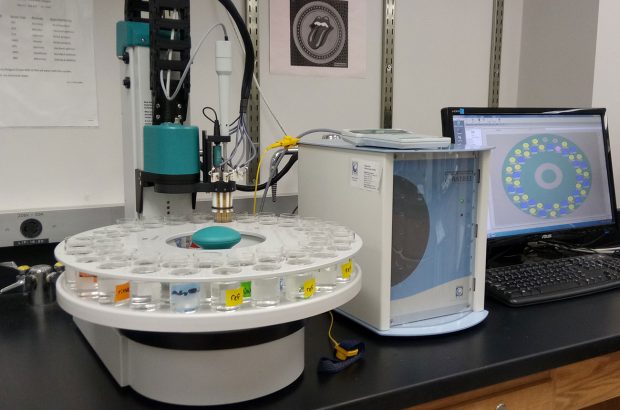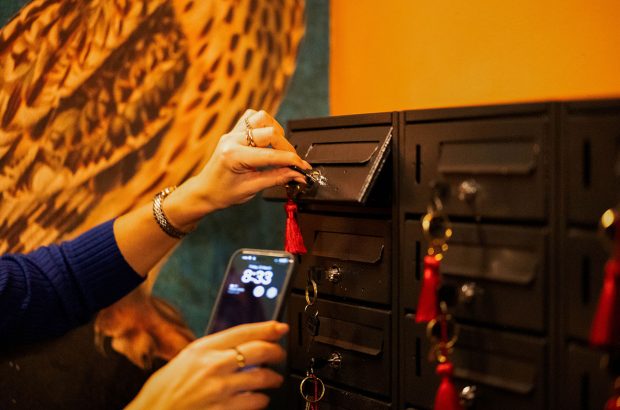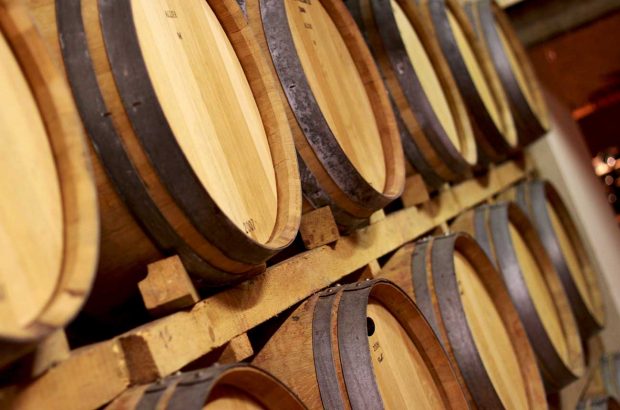In a bid to increase awareness of the destruction of the English apple industry, Slow Food London is holding a dinner to celebrate Apple Day.
The Autumn Supper at La Fromagerie restaurant in London (13 October), organised by Slow Food London, celebrates the huge variety of English apples with dishes like roast loan of pork stuffed with Kentish Apples and Cobnuts.
The dinner is part of Apple Day, held on 21 October, an annual celebration of English apples and orchards. Events are held across the UK: details can be found on the website below.
Southern England lies on the optimum latitude for growing apples. Fruit from the counties of Kent, Herefordshire and Gloucestershire, the heartlands of the apple industry, has for centuries been recognised as the best in the world.
But in the last half century English orchards have been decimated. The BBC Good Food website reports, ‘Kent, once known as the Garden of England, has seen 85% of its orchards disappear in the last 50 years. Herefordshire, once a forest of fruit trees, has a mere ten per cent left.’
It is cheaper for supermarkets to import mass-produced fruit from France, New Zealand, South Africa, Chile and China than to source apples from the UK. In September and October, at the height of the apple season, the shelves of most major UK supermarkets carry only one or two English varieties.
At the same time government policy in the form of the Single Farm Payment Scheme encourages farmers to grub up ancient orchards because, in the words of a spokesman for the Department for Environment, Food and Rural Affairs (Defra), ‘Land used for permanent crops, including orchards, cannot be used to support a claim.’
This means that if apple trees are not torn down by December 31 2004, farmers face losing this payment and – more gravely – they stand to lose significant land value, since without the receipt of subsidy, land becomes very difficult to sell and the value of the land plunges.
It is this decimation of an ancient industry that Slow Food and Apple Day are attempting to halt by raising awareness of the richness of local produce.
Slow Food London is a local arm of the Italian-based Slow Food organisation, a global gastronomic movement which co-publishes with Gambero Rosso Italy’s most respected fine wine guide, is a dedicated opponent of fast food and genetic modification, and has 65,000 members worldwide.
Written by Adam Lechmere




